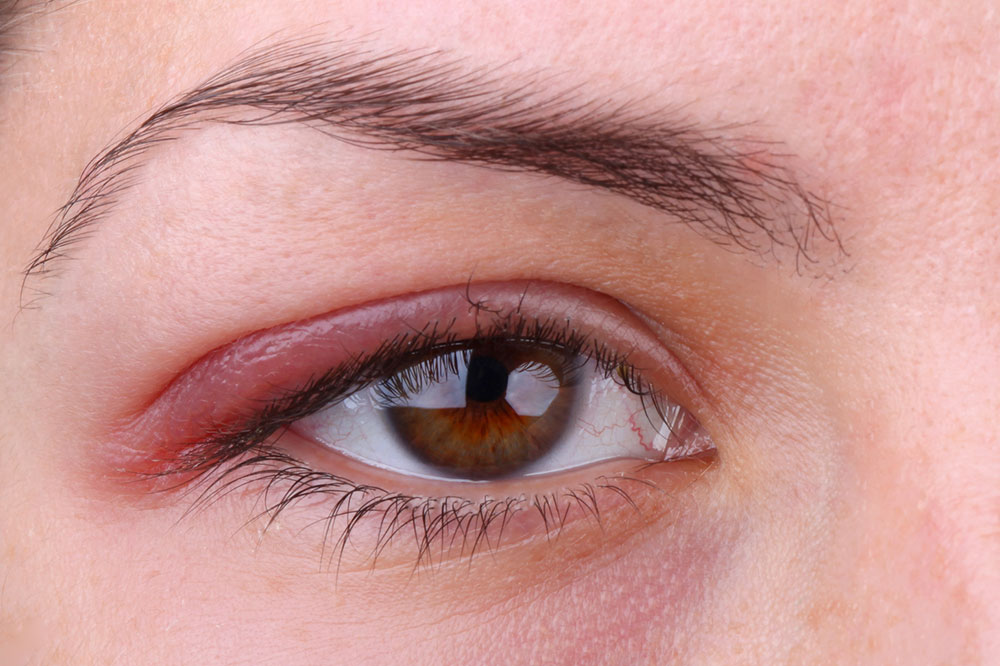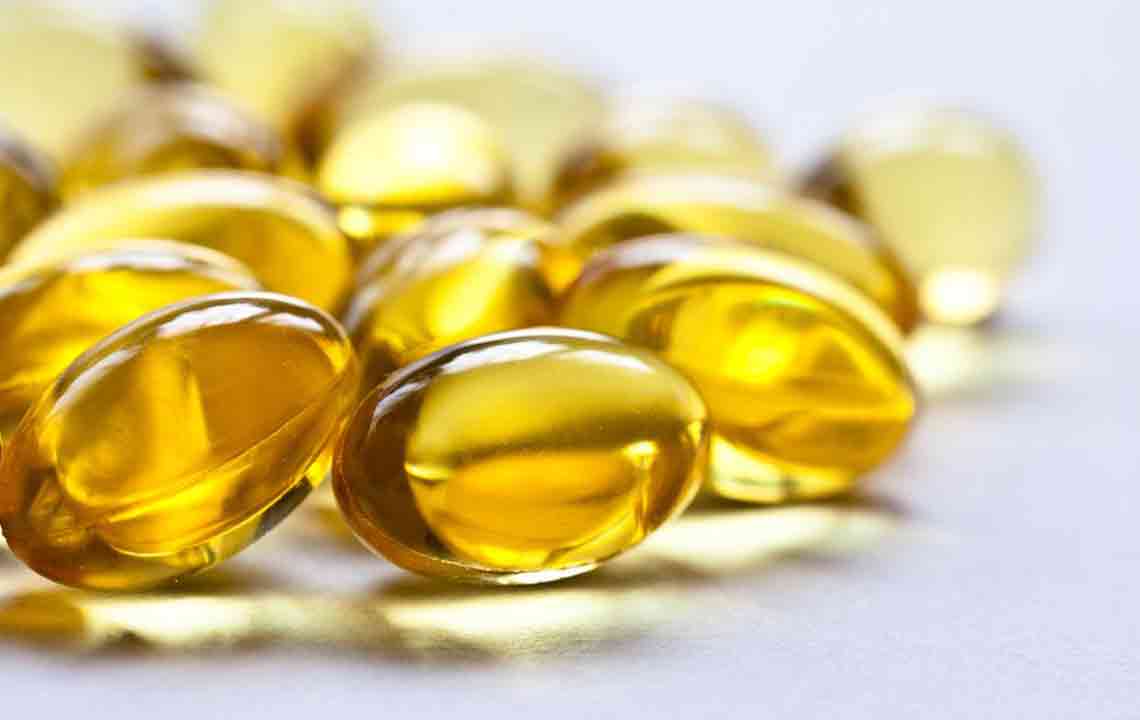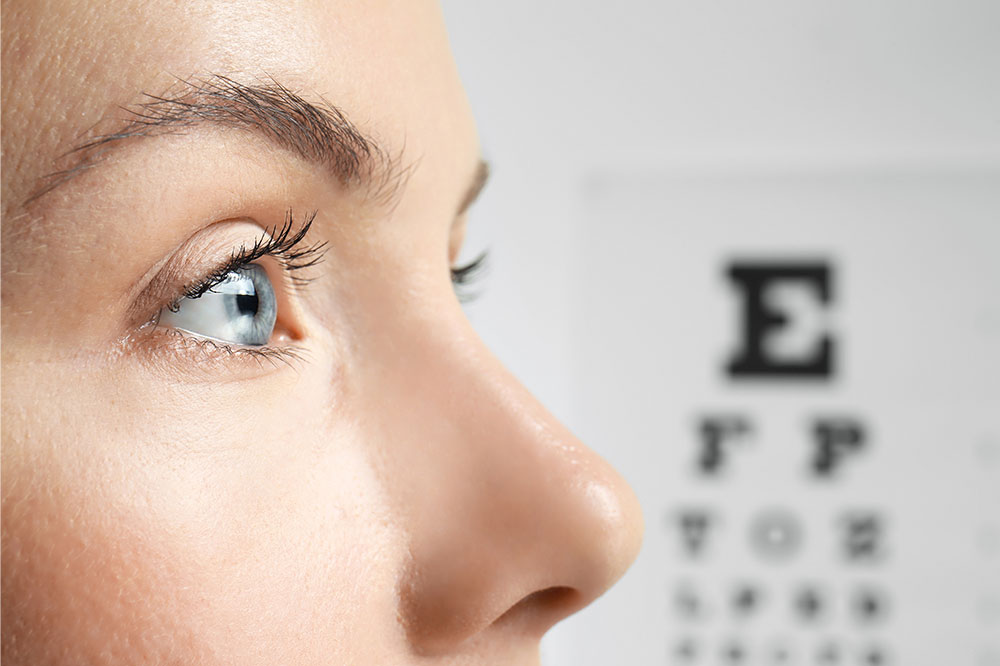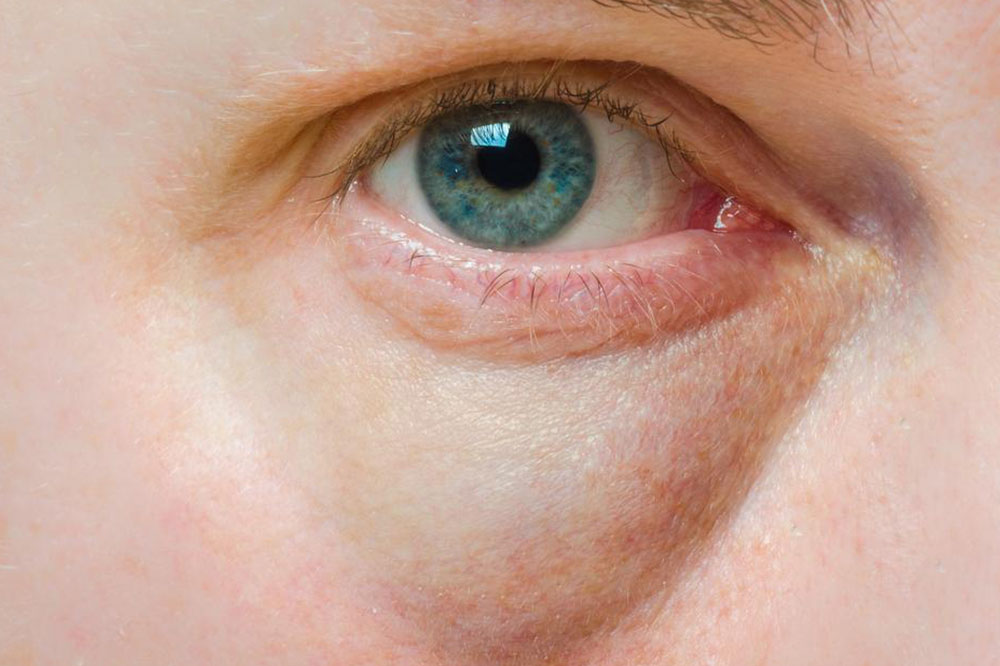Comprehensive Guide to Essential Nutrients for Promoting Healthy Vision
Discover the vital nutrients essential for maintaining sharp and healthy vision. This comprehensive guide highlights specific vitamins like A, C, B-complex, and E, explaining their roles in eye health, common deficiency signs, and the best food sources. Learn how proper nutrition can prevent age-related eye conditions such as cataracts and macular degeneration. The article also discusses innovative treatments like Vuity® eye drops for presbyopia. Ideal for anyone seeking to enhance eye health, this detailed overview combines scientific insights with practical dietary advice, promoting long-term visual well-being.

Comprehensive Guide to Essential Nutrients for Promoting Healthy Vision
Our eyes are remarkably complex organs that require a delicate balance of specific vitamins and nutrients to function optimally and maintain long-term health. Proper eye nutrition not only preserves vision but also plays a critical role in preventing common age-related eye conditions such as glaucoma, macular degeneration, cataracts, and night blindness. Insufficient intake of vital nutrients can compromise eye health, leading to discomfort, vision impairment, and even blindness over time. This detailed guide explores the four most important vitamins essential for eye health, their roles in maintaining vision, and the best food sources to incorporate into your diet.
Vitamin A: The Foundation of Sharp Vision
Vitamin A is indispensable for maintaining sharp, clear vision. It is a crucial element in the health of the cornea, the transparent outer layer of the eye that helps focus light. Without adequate vitamin A, individuals may experience symptoms like dryness, irritation, and night blindness — a condition where vision is poor in low-light conditions. The body synthesizes vitamin A from beta carotene, a pigment found in vibrant fruits and vegetables. Consuming a diet rich in foods such as sweet potatoes, carrots, red and orange peppers, butternut squash, and dark leafy greens can provide ample vitamin A. Scientific research confirms that insufficient vitamin A levels significantly impair the eyes’ ability to adapt to darkness, highlighting the importance of adequate intake for overall eye health.
Vitamin C: Protecting Eyes from Environmental Damage
Vitamin C acts as a potent antioxidant that shields ocular tissues from oxidative stress caused by exposure to ultraviolet (UV) rays and environmental pollutants. It plays a vital role in preventing cataracts — clouding of the lens that impairs vision. Incorporating foods rich in vitamin C like oranges, strawberries, grapefruits, kiwis, broccoli, and Brussels sprouts into daily meals can significantly bolster eye defenses. The antioxidant properties of vitamin C help neutralize free radicals, thereby reducing inflammation and protecting the delicate structures within the eye. Regular consumption of vitamin C-rich foods is also associated with a lower risk of developing age-related macular degeneration (AMD), one of the leading causes of blindness worldwide.
B Vitamins: Support for Nerve and Cell Health
Vitamins B6, B9 (folic acid), and B12 are essential for maintaining healthy blood flow and reducing inflammation in ocular tissues. Elevated homocysteine levels, a marker associated with cardiovascular disease, are also linked to increased risks of AMD and other degenerative eye conditions. B vitamins help lower homocysteine concentrations, thereby promoting healthier blood vessels and reducing the risk of damage to retinal tissues. Rich sources include chickpeas, tuna, salmon, chicken, leafy greens, avocados, and peanuts. Incorporating B vitamin-rich foods can support the regeneration of eye cells and improve overall visual function, especially as part of a balanced diet aimed at preventing age-related decline.
Vitamin E: The Antioxidant Shield
Vitamin E is a powerful fat-soluble antioxidant that helps protect the eye cells from oxidative stress induced by environmental factors and aging. It stabilizes cell membranes, preventing damage caused by free radicals, which are commonly associated with cataracts and AMD. Nuts such as almonds and walnuts, seeds like sunflower and sesame seeds, and healthy oils such as olive and avocado oil are excellent sources of vitamin E. Regular intake of vitamin E-rich foods supports the maintenance of healthy retinal cells, ensuring that visual acuity remains sharp and that age-related deterioration is minimized.
Beyond nutrition, medical advancements like Vuity® eye drops have been developed to address specific eye conditions. Vuity® is a prescription medication formulated to treat presbyopia — an age-related condition characterized by difficulty focusing on close objects. It works by constricting the pupil, thus allowing the eyes to focus better at close distances. This innovative solution offers a non-invasive option for those experiencing presbyopia, supplementing the benefits of proper nutrition and eye care.





